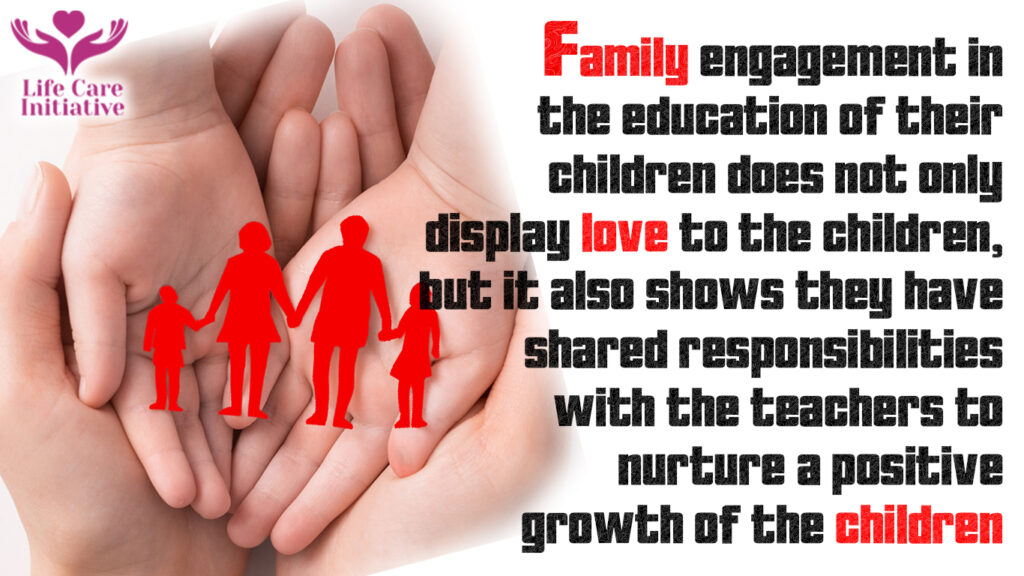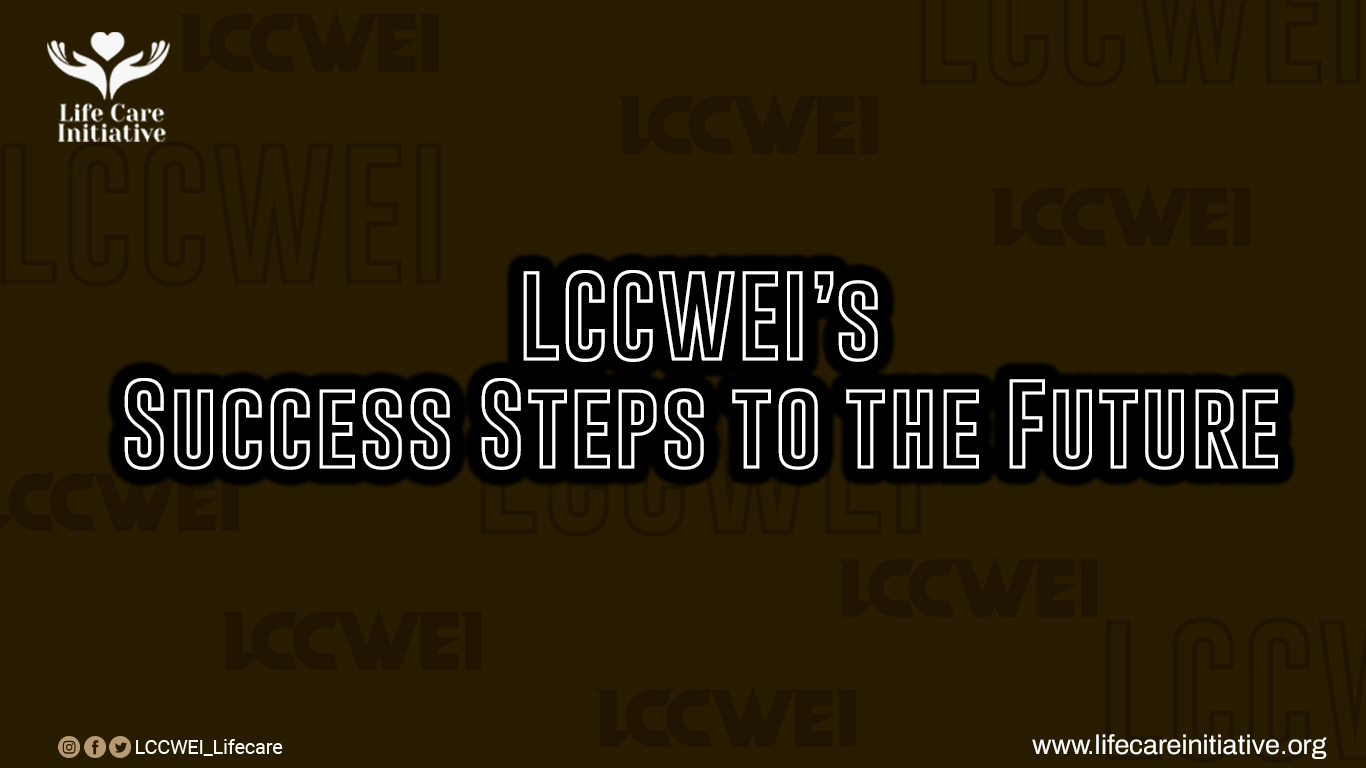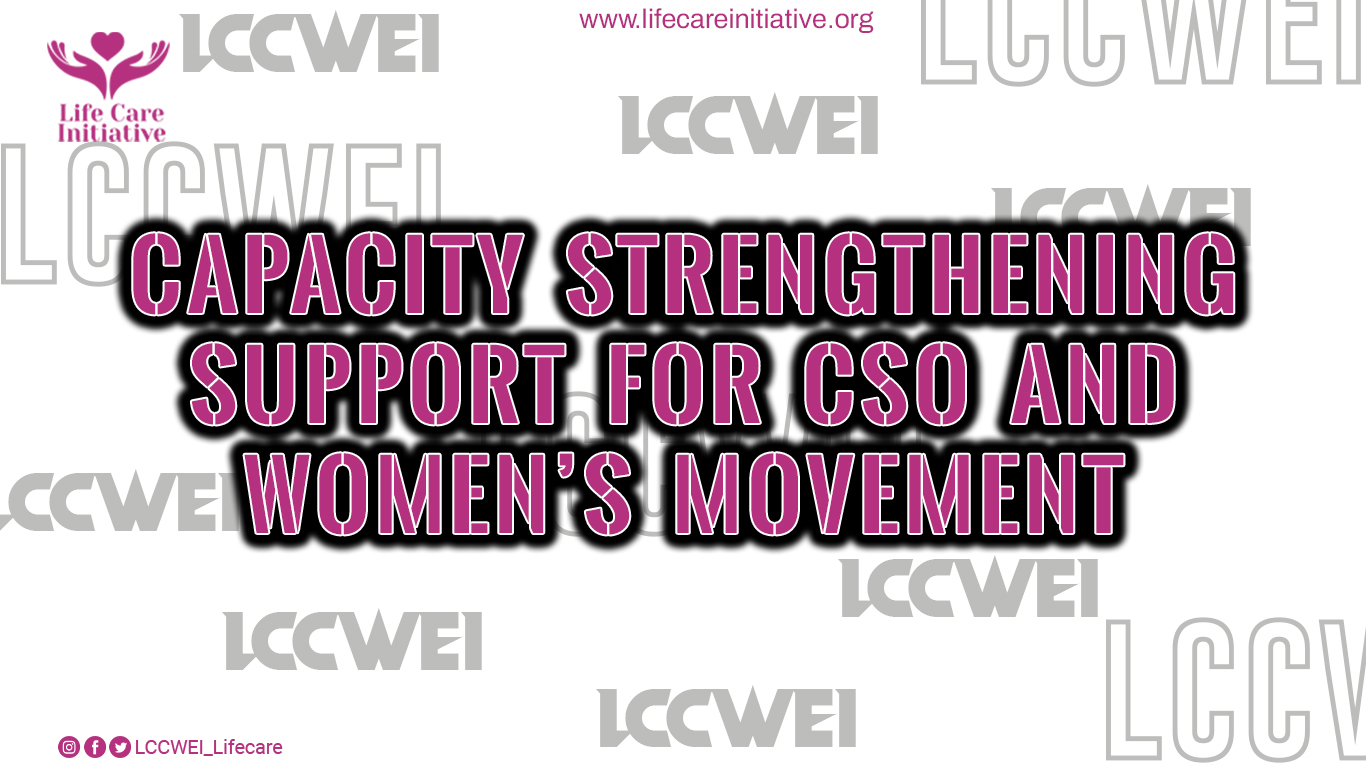People tend to gauge children’s success by the level of grades they achieve in school, the status of teachers, and their socioeconomic background. However, the key to the success of any learner is none of the above reasons. Children’s academic success depends on how their families are involved in the learning process. When the family is involved in their children’s education, they have a higher probability of attaining high grades. Family engagement in the education of their children does not only display love to the children, but it shows they have shared responsibilities with the teachers to ensure they nurture a positive growth of the children.
Family involvement in a child’s school life makes them love school, which expands their knowledge and sense of wonder. If teachers focus on creating better relationships between children and their families, children start to change in the classroom.

The more the teachers involve parents in the learning process, the more children will feel motivated; motivated children are likely to perform better in school. Teachers ensure parents participate in the learning process by organizing meetings or events that will make the teacher sit with the parent and their children to set educational goals. When parents and teachers work in collaboration, that is when real educational success is achieved. Creating positive links with parents makes them feel involved in their children’s education. Failure to establish these links earlier may make parents feel they are not part of the learning process. Factors like scheduling conflicts, low-income create a disconnect between teachers and parents. Thus, the two groups must work together to eliminate these obstacles.
Parents need to save the contact information of their children’s schools to address any concerns regarding their children’s academic progress easily. They should also connect with the school by attending meetings and events organized by the school. Parents have to discuss classroom goals with teachers.





